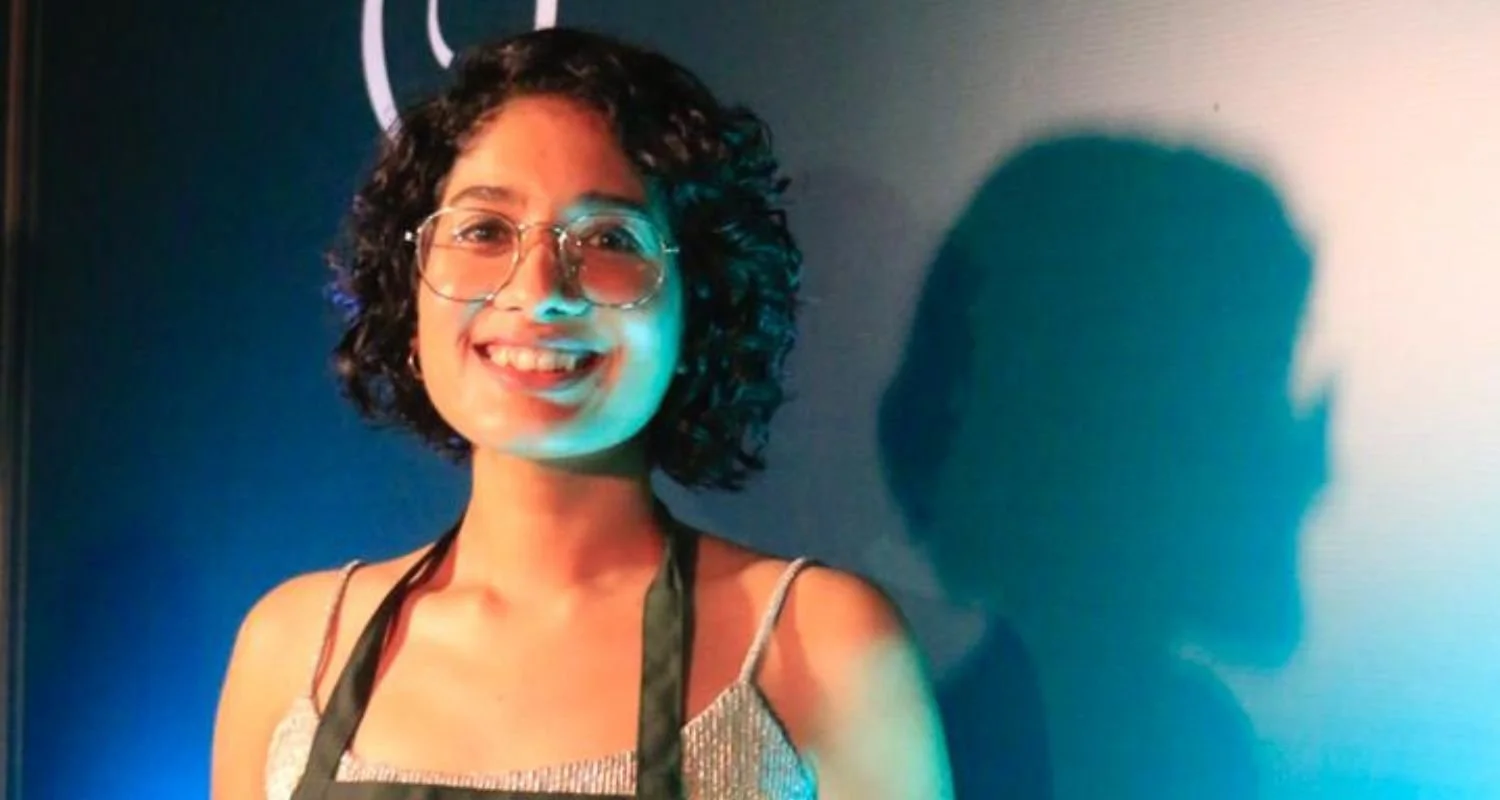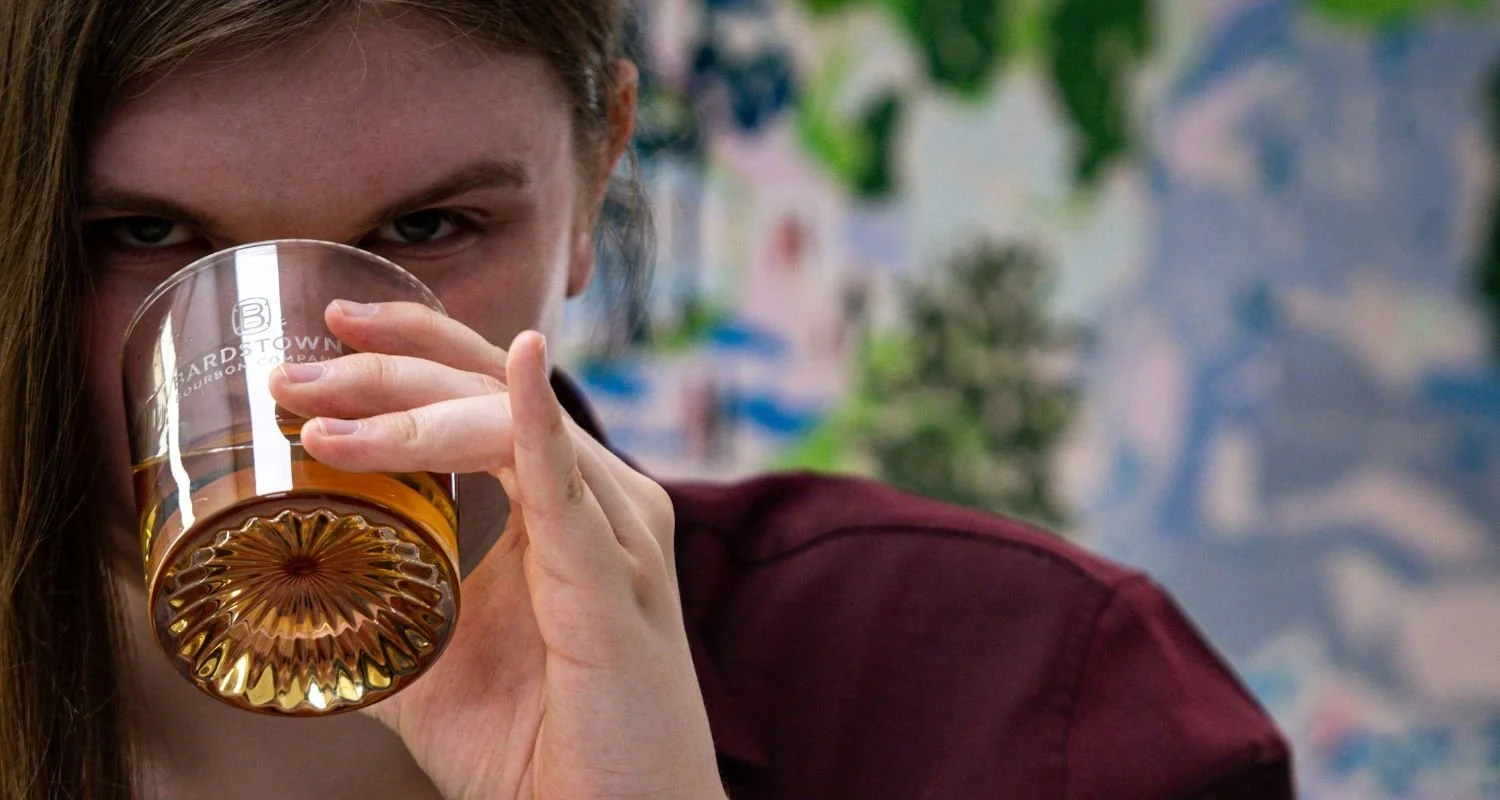Meet the mentee: Charnelle Martins, Third Eye Distillery
Charnelle Martins grew up endlessly curious, a quality that drove her journey to becoming head distiller at Third Eye Distillery in Goa, India. She explains how the OurWhisky Foundation’s Atonia Programme taught her that distilling is a mix of skill and soul, and how she hopes women in whisky will no longer be seen as exceptions or novelties.
OurWhisky Foundation: Hi Charnelle! Tell us a bit about yourself.
Charnelle Martins: I live in the sunny coastal state of Goa and grew up with a love of reading, sports and music. These days, I still enjoy staying active whether it's beach runs, trekking or yoga. I'm always up for travel and new experiences, and when I'm home, you'll probably find me baking something sweet. Most excitingly, I’m a new mum and loving every bit of this new adventure.
OWF: What were your thoughts on your future career when you were growing up?
CM: Growing up, I was endlessly curious; always asking ‘how?’ and ‘why?’ about everything. I quickly realised that the idea of a typical 9-5 just wasn’t for me. I wanted something that would keep me creatively engaged but also grounded in science, since I loved lab work and had this dream of becoming a scientist.
It was during my time studying for my master’s degree in Scotland that I fell head over heels for the world of whisky. Turns out, blending creativity with science and a bit of whisky was exactly the career I’d been searching for. I proudly started calling myself an ‘alcohol scientist’ which made for some interesting conversations at parties, and eventually I found my way to my current role as a distiller.
OWF: What does your role entail?
CM: As head distiller at Third Eye Distillery, I’m responsible for overseeing the entire production process. That means planning distillations, blending, and making sure each product tastes exactly the way it should. Every batch gets my personal approval before it’s bottled and ensures that only the best makes it into the bottle.
A big and fun part of my job is R&D, experimenting with new flavours, ingredients and ideas for future spirits.
“The flavour complexity [of whisky] fascinated me and the scientist in me had to know how it was all made.”
OWF: When did your love of whisky begin and why?
CM: I have always loved science and been curious about flavours and food since I was young, tasting my way through everything in the kitchen. My mum and grandma often brewed wine and made liqueurs at home. My dad would sometimes let me sample his liquor cabinet because he thought it was ‘important to know what good alcohol tastes like’.
He made me appreciate the finer nuances of good alcohol and set me on the path of becoming a distiller. The blended whiskies were popular back then – and Johnnie Walker or Chivas were probably the first whiskies I sipped – but it was the single malts that got me hooked. The flavour complexity fascinated me and the scientist in me had to know how it was all made.
Science, creativity and whisky: Charnelle Martins discovered a love for whisky during her masters degree in Scotland.
OWF: Why did you apply for the OurWhisky Foundation Atonia Programme?
CM: I was drawn in by the amazing mentors you have on the programme and the chance to connect with a few whose work I’ve admired for years. Learning directly from someone with decades of real-world experience brings a depth of insight that no university degree can match.
The chance to also network and connect with other women in the industry was a bonus since there are very few of us here in India.
OWF: What were the biggest challenges for you in progressing?
CM: The industry was new to me and while there’s a lot of passion and potential, there aren't always clear routes for professional development. Unlike most traditional jobs where there is a clear career trajectory and training programmes, here it's often a case of figuring things out on your own.
That can be exciting, but it also means it’s easy to feel a bit isolated or unsure about the next step. Having access to experienced mentors and a support network does make a huge difference!
OWF: How did you work with your mentor to overcome these?
CM: I was incredibly lucky to be paired with Gillian MacDonald, the master blender and head of whisky creation at Glenmorangie. From our very first conversation, she helped me see how I could take my background in gin distillation and make the leap into the more complex world of whisky.
Her deep insights into whisky maturation, cask management and blending were instrumental in shaping my approach. With her mentorship and what I learned through this programme, I developed a Sherry cask-aged gin, and more recently, a blended Indian whisky.
OWF: When was your first ‘a-ha!’ moment?
CM: One of my biggest a-ha moments came during a session with my mentor about maturation and blending. I can be quite technical in the way I work but she helped me understand the whys behind the process, not just the how.
That shift made me see distilling as more than just science; it’s creative, instinctive, and deeply personal. It made me realise that great spirits come from both skill and soul.
Applied learning: Martins has used teachings from her mentor to create real-life products.
OWF: What was your favourite part of the programme?
CM: My favourite part was the community that we built. It wasn’t only about learning from our mentors but also learning from each other. It was incredibly inspiring to be surrounded by exceptionally talented women who were genuinely invested in building each other up.
I loved how we celebrated each other’s wins, shared advice and supported one another through challenges.
OWF: What has been your proudest achievement during the Atonia Programme?
CM: My biggest win has been taking the learnings and feedback from my mentor and turning them into real-world experiments, some of which began to take shape as actual products. It’s been incredibly rewarding to see ideas move from conversation to creation, and I’ve been focused on building on that momentum ever since.
OWF: How has this experience rewired how you feel about being a woman in this industry?
CM: Honestly, this experience has been incredibly affirming. I really feel seen; not just as someone working in the alcohol and beverage industry, but as a woman bringing something valuable to the table. There’s something powerful about being surrounded by others who get the unique challenges and triumphs we face in this space.
“I hope the industry keeps evolving to a place… where diversity isn’t a goal, it’s part of the fabric of how we do things.”
OWF: How has this programme empowered you to empower others?
CM: I genuinely can’t stop telling people how great this programme has been. This experience reminded me that I’m not alone and that there’s a whole community of women pushing boundaries.
It’s made me want to be more vocal about what I do and more intentional about mentoring and encouraging others, especially those starting out or unsure if they belong here. The ripple effect is real and I’m excited to keep spreading it.
OWF: What advice would you give someone applying for or starting the programme?
CM: Do it! This kind of opportunity is rare. You don’t need to have it all figured out to apply. This programme gives you the support, visibility and confidence to step into your space fully. You’ll connect with people who get what it’s like, and you’ll walk away feeling seen, capable, and part of something bigger.
OWF: What are your hopes for the future for women working in whisky?
CM: That we aren’t seen as exceptions or novelties because we are damn good at what we do. I hope the next generation doesn’t have to carry the ‘woman in whisky’ qualifier, that they’ll be seen for their skill, their palate, their passion.
And I hope the industry keeps evolving into a place where everyone feels like they belong and where diversity isn’t a goal, it’s part of the fabric of how we do things.






